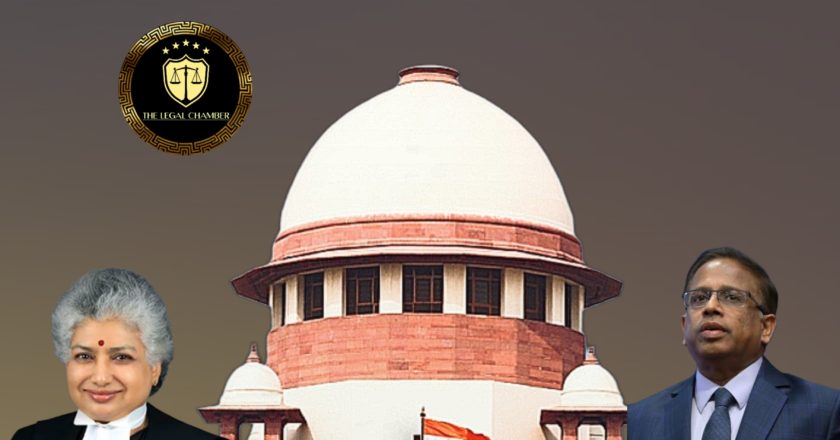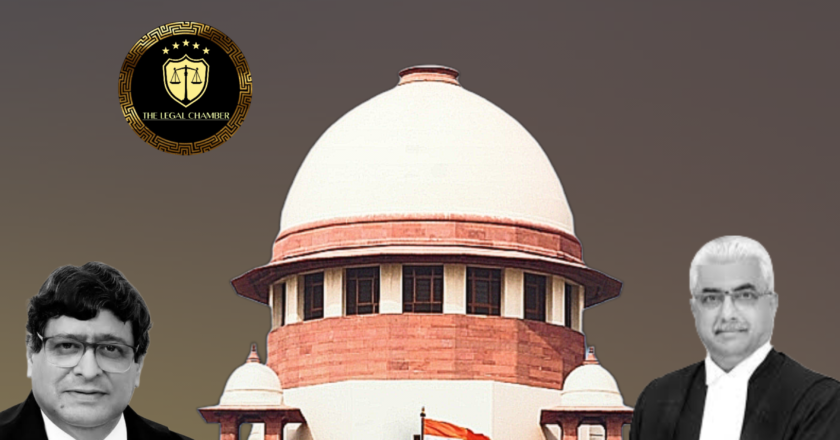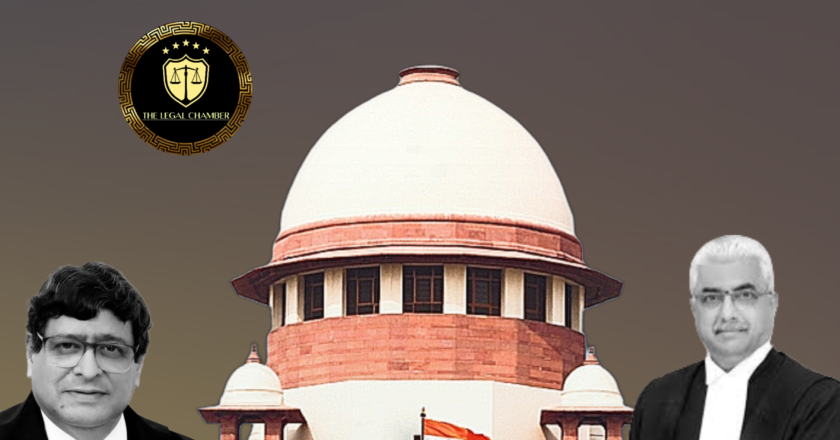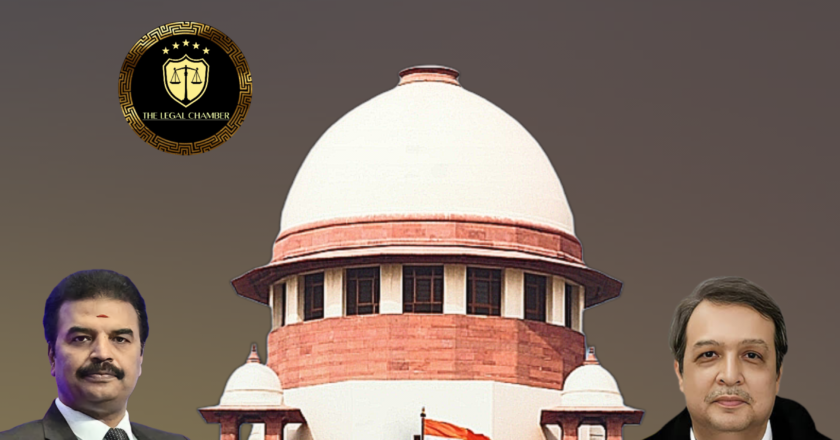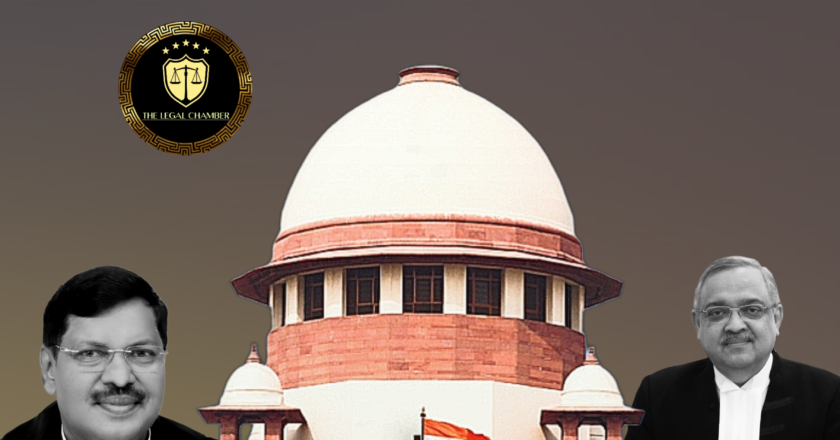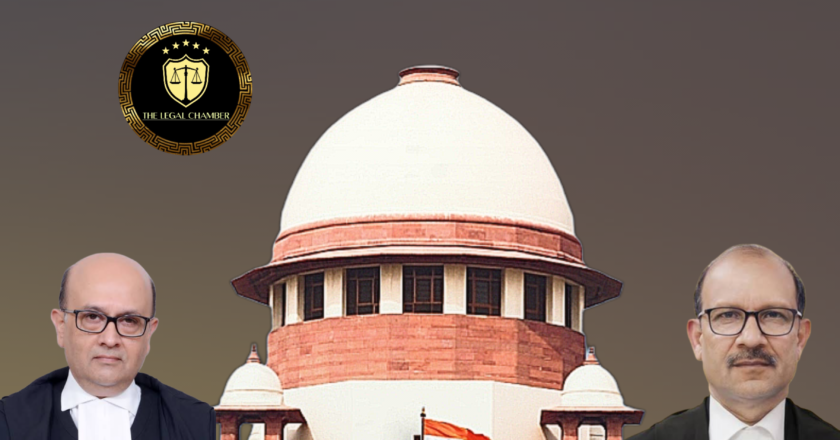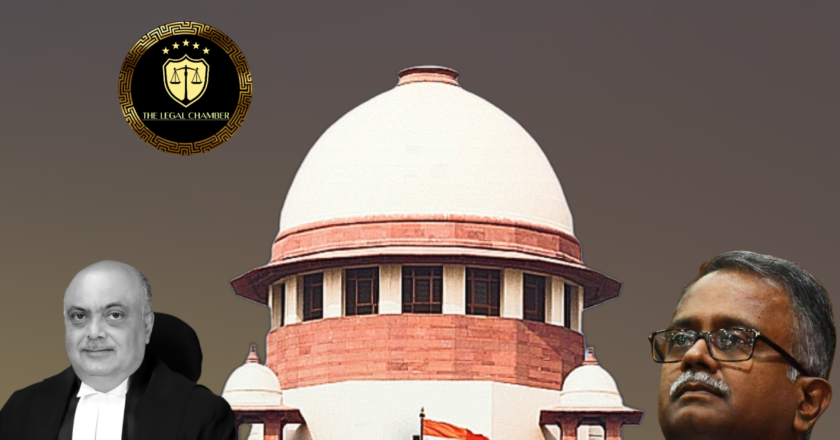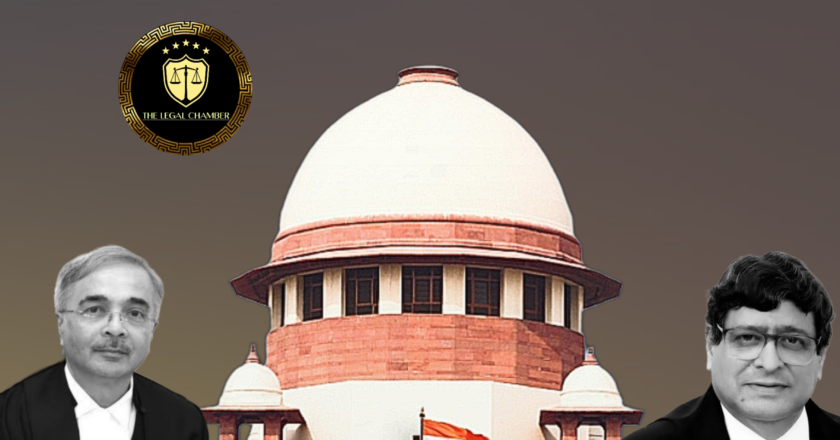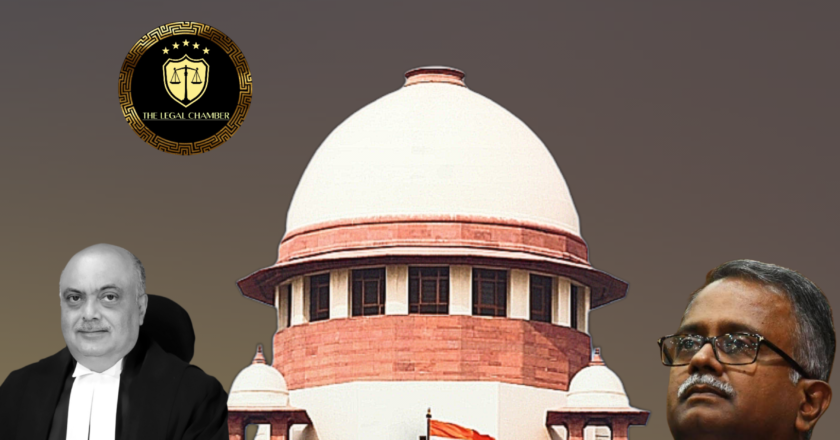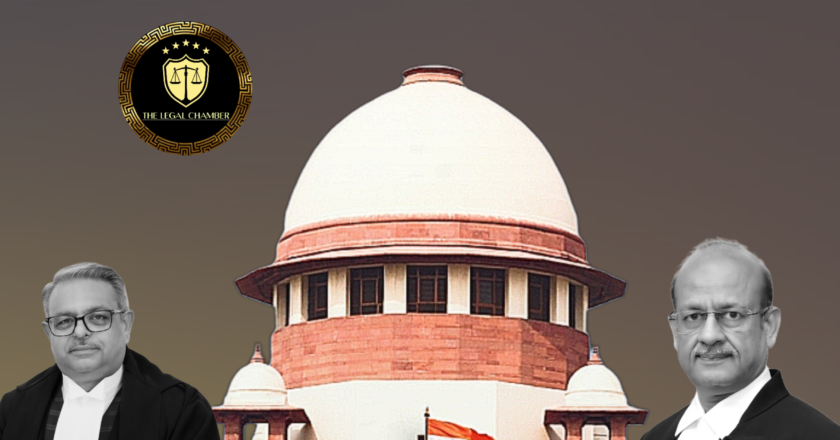Supreme Court’s Big Ruling: Criminal History Matters in Bail for Heinous Crimes
The Supreme Court overturned a bail order, ruling that the High Court failed to apply correct legal principles under Section 389 CrPC for suspending a sentence. It emphasized that post-conviction bail in heinous offences requires a palpable prima facie case for acquittal, not a re-appreciation of evidence or conjectural reasoning.
Facts Of The Case:
In a case originating from Rajasthan, the prosecutrix, a 14-year-old girl, testified that on June 13, 2023, Respondent No. 2 accosted her at gunpoint while she was defecating in a field. He covered her mouth, forcibly took her to a nearby abandoned house, and raped her. She immediately reported the incident to her family, and her father filed an FIR. The Trial Court convicted Respondent No. 2 under the POCSO Act and sentenced him to 20 years ...
